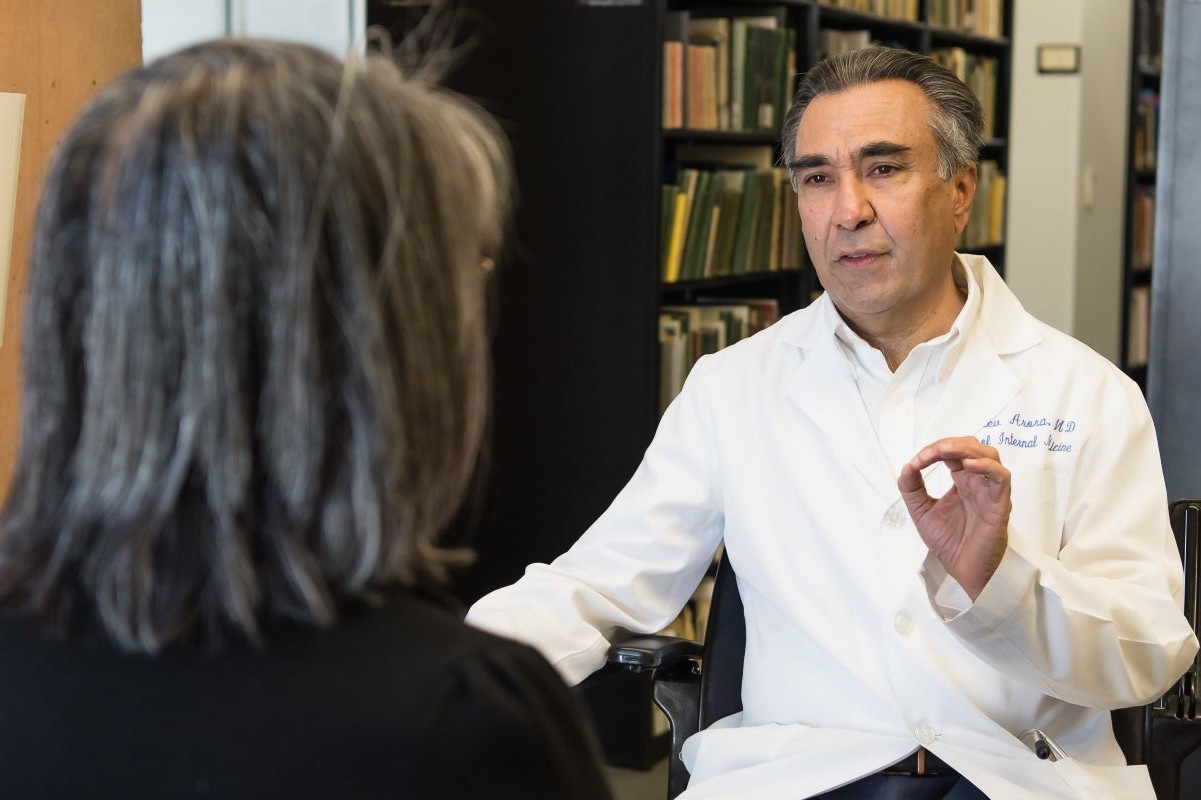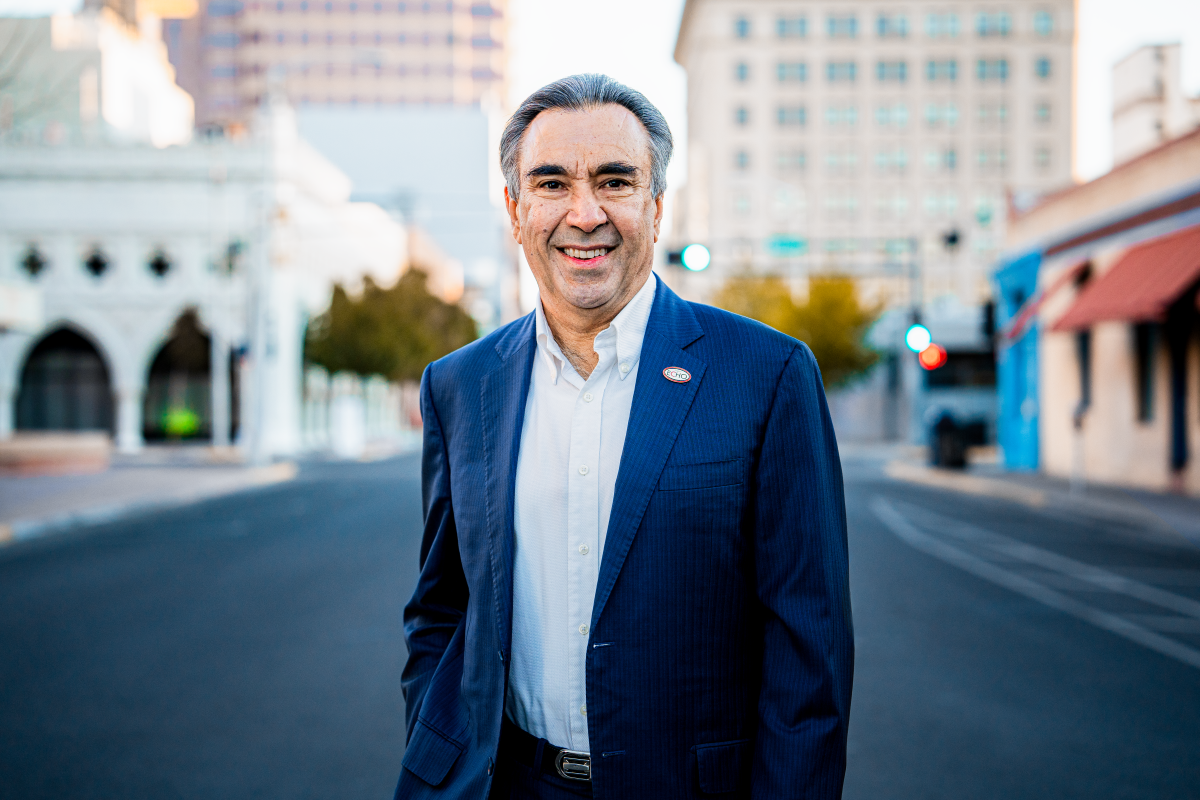Born in northern India, Dr. Sanjeev Arora grew up in a small village with physician parents. His father worked for the World Health Organization and his mother, an ob-gyn, built her own small hospital. Dr. Arora lived in the apartment above it and remembers spending his days watching his mother work.
“She never said ‘no’ to anyone, whether they had money or not.”
Instilled with a strong sense of responsibility to give back to his community, he moved to New York in 1980 and, then, to Boston to study medicine and become a gastroenterologist. In 1993, he moved to New Mexico, to serve in various leadership roles at The University of New Mexico Hospital, achieving several promotions and recognition as a professor of medicine.
As one of the state’s few gastroenterologists who specialized in treating hepatitis-C, the wait list to see him was frustratingly long: patients waited nearly eight months for their first visit, and often had to travel long distances from rural areas.
More than 20 years later, he distinctly remembers the encounter that changed the course of the rest of his life.

Dr. Sanjeev Arora founded Project ECHO to bring best-practice care to every hepatitis-C patient in New Mexico. Photo Credit: Lynn’s Lens, March 2022.
A widow and mother of two young children came into his office. She was visibly in pain. Reading her file, he saw that she had been diagnosed with hepatitis-C eight years earlier.
“Why did you wait so long to come see me?” Dr. Arora asked. Hepatitis-C is treatable, but delaying treatment can have fatal consequences.
The patient explained that she couldn’t afford to take the time off of work, and didn’t have childcare. The round trip to Albuquerque was an eight-hour drive—and she would need to see him frequently throughout her treatment.
“Why now?” he asked. She no longer had a choice; her pain was so bad she could no longer work.
Unfortunately, it was too late. Her untreated hepatitis-C had caused her to develop a late stage liver cancer. She died a few months later.
Dr. Arora made it his life’s mission to make sure no one died from a treatable disease because they couldn’t get access to timely, and quality, health care.
“Making access to care more equitable for everyone, regardless of where they live or their social status became my life’s work.”
Project ECHO has been adopted widely; its model affects positive change across education, climate change and many other social determinants of health.
Dr. Arora retired from Project ECHO in April 2025, but his mission endures: today, ECHO partners are making a difference in more than 200 countries and areas.


